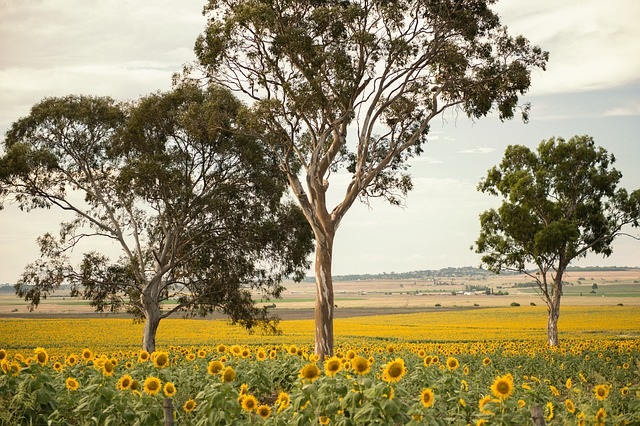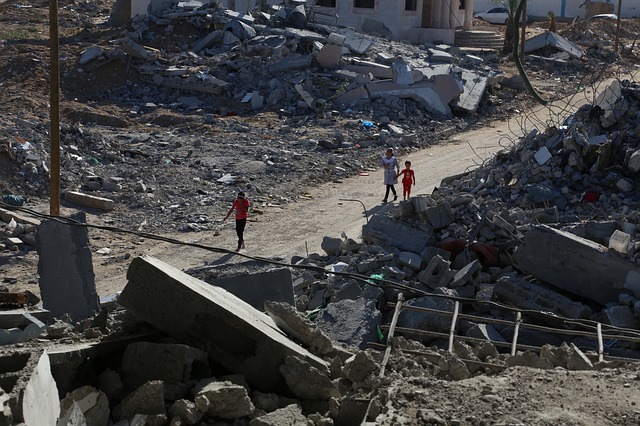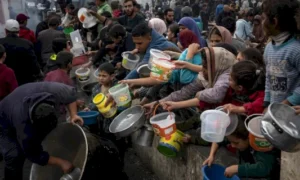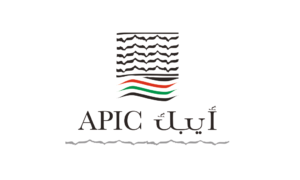COVID-19 & Climate Crisis: Business As Usual?
The challenges COVID-19 and climate crisis present to our business community as well as opportunities that are emerging from them will be up for discussion at Ithraa’s Inside Stories webinar 7:30pm Tuesday 16 June.
COVID-19 has impacted us all in one way or another and, whether we realize it or not, climate crisis is already affecting many aspects of our lives. As we come to terms with the post-pandemic ‘new normal’, we also need to start preparing for the differences coming to our weather system as a result of global warming. “Climate change is no longer a distant threat but something that’s now impacting economies worldwide. However, on the flip side, many companies see moneymaking potential in climate crisis. Over 200 of the world’s largest corporations have highlighted roughly US$2.1 trillion of possible opportunities in a warming world, with the majority expected to materialize within the next five years.” says Mr. Ishaq Al Busaidi, Ithraa’s Director General of Marketing & Corporate Communications and organizer of the popular quarterly Inside Stories initiative.
Mrs. Nasima Al Balushi, Ithraa’s Director General of Investment & Exports adds: “We need to think now about what this will mean for our everyday life and what it’ll mean for our business community. We have to apply the lessons of COVID-19 and see how we can transform the challenges that will arise into opportunities. Indeed, there are already a number of exciting circular economy projects connected to this listed on the Invest in Oman portal.”
There is considerable evidence that decisive climate action generates economic vitality. In fact, ILO studies suggest climate policies could potentially create 24 million new jobs. Transitioning to a low-carbon economy has already created a US$1 trillion annual global market in renewable energy, climate-smart agriculture, green buildings, carbon-efficient transportation and other infrastructure. And according to the IFC a shift to low-carbon, resilient economies could translate into US$23 trillion investments globally through to 2030.
Research indicates a strong correlation between COVID-19 and climate crisis. Deforestation and wildlife trade have heighten the likelihood of viruses leaping the species boundary; air pollution increases human vulnerability by weakening respiratory systems; and the expansion of air travel allows pandemics to spread more quickly. According to Potsdam Institute Director, Johan Rockström, scientific evidence shows these factors are interconnected and part of the same planetary crisis. Indeed, scientists have long warned of the inevitability of a pandemic due to the relentless encroachment onto natural ecosystems and wildlife, resulting in the repeated breaching of ecological boundaries. Climate change amplifies the risks of diseases such as COVID-19 spreading.
In the wake of the pandemic a transition to a Circular, Lean, Inclusive and Clean (CLIC) economy presents significant opportunities for Omani businesses. Smart local businesses know that change means new opportunities and climate business is not only a positive humanitarian move – it is potentially a highly lucrative one.
Oman already exports to over 130 countries and with expanding international consumer demand for greener goods this will create additional opportunities for Omani exporters. Studies shows the provision of sustainable products and services bolsters sales, market share, brand value and reputation, points out Mrs. Al Balushi.
Bound by a shared commitment to environmental sustainability, local businesses and investors understand there is a clear alignment between doing good for the planet and doing good business. “In fact,” concludes Mrs. Al Balushi, “Omani companies leading the transition to a CLIC economy realize it’s not about bravery – but about the bottom line.”
The 16 June Inside Stories webinar will be moderated by Khalid Al Haribi, Founder & MD, Impact Integrated. To participate, register at: https://bit.ly/2UtxIkB The evening panel includes: Aiman Al Shukaili, Head, Renewable Energy, Petroleum Development Oman; Suaad Al Harthi, Executive Director, Environment Society of Oman; Rayan Al Kalbani, Co-founder & Executive Director, Mazoon Environmental & Technological Services; Dr. Amer Al Hinai, Director, Sustainable Energy Research Centre, Sultan Qaboos University; and Dr. Thuraya Al Sariri, Assistant Director General, Nature Conservation, Ministry of Environment & Climate Change.



























